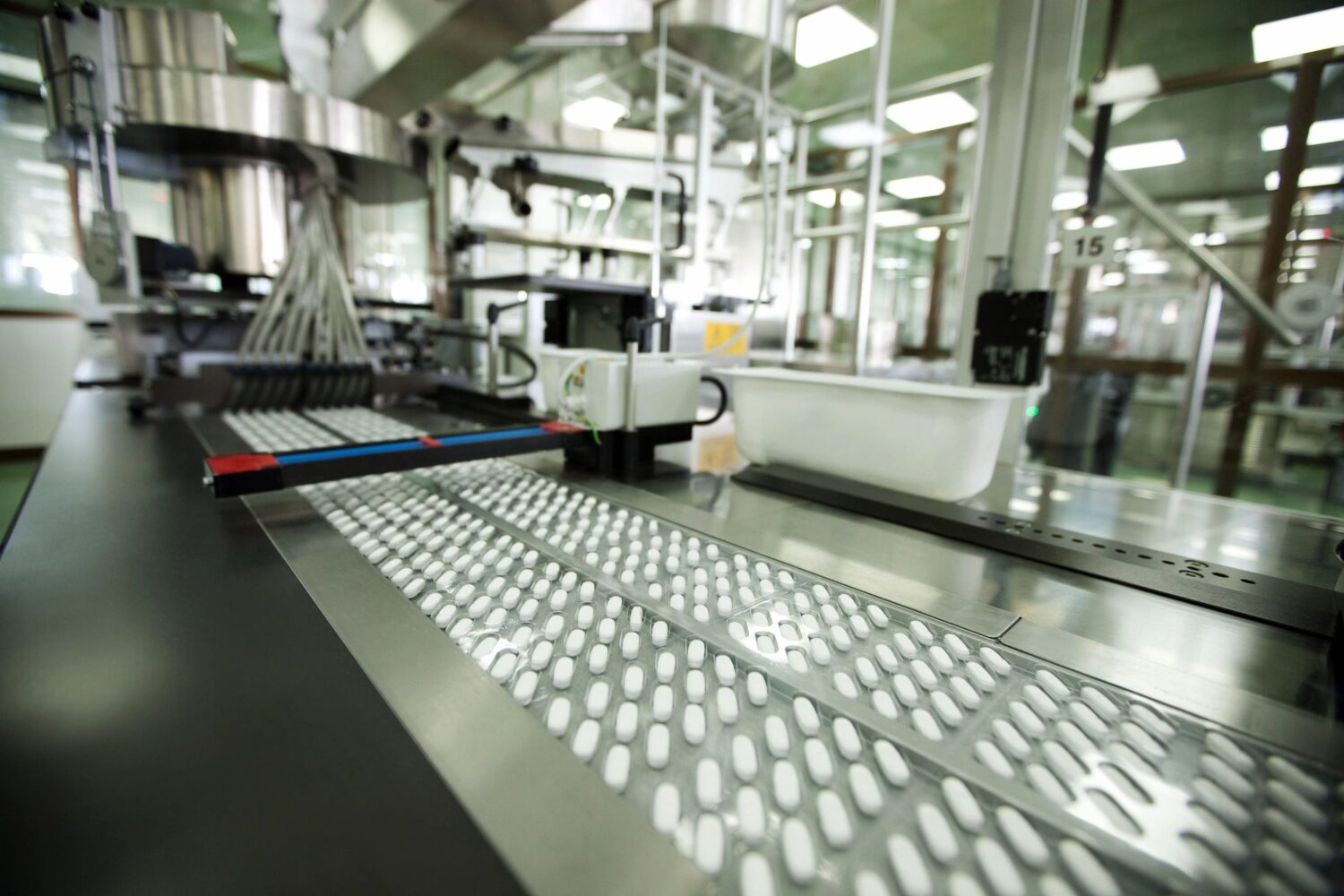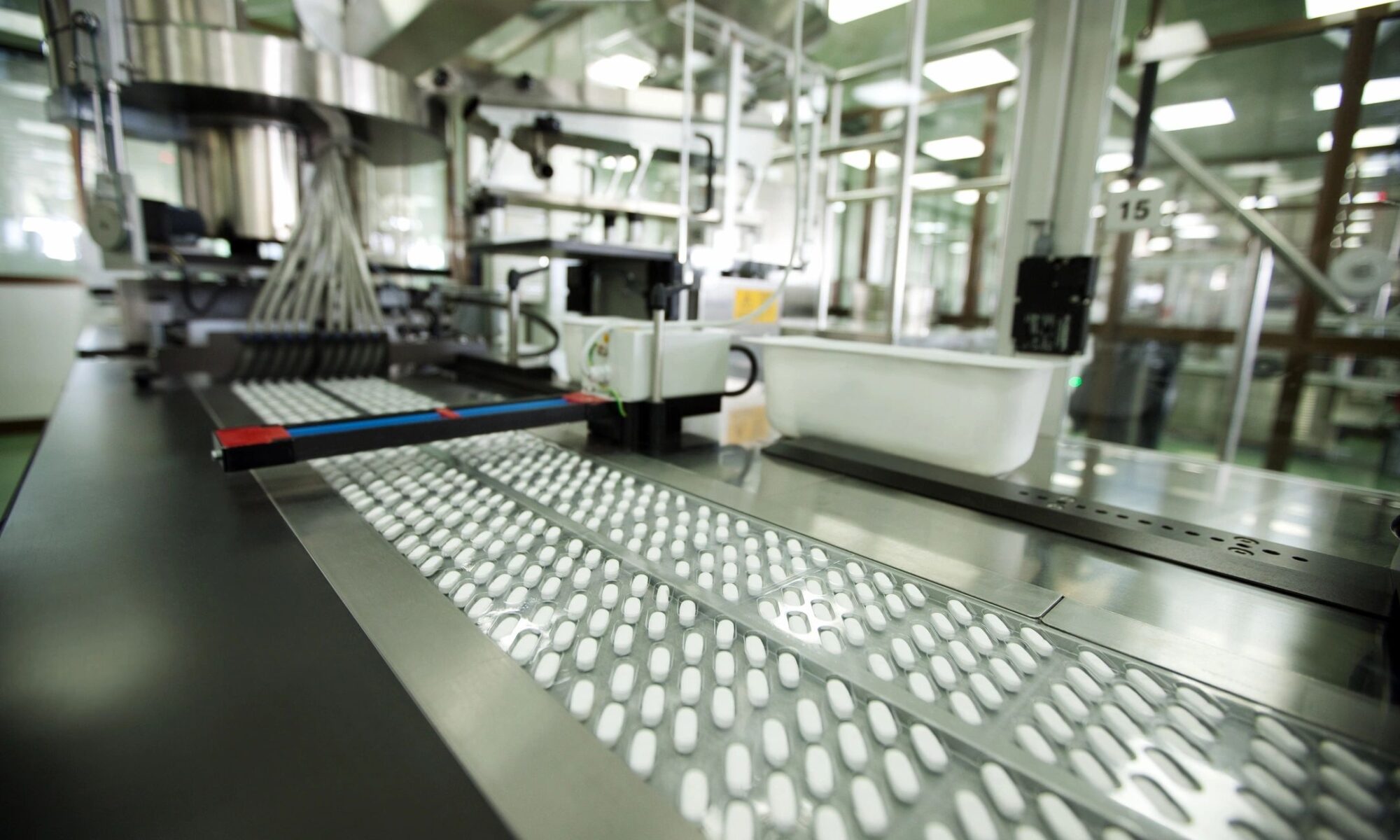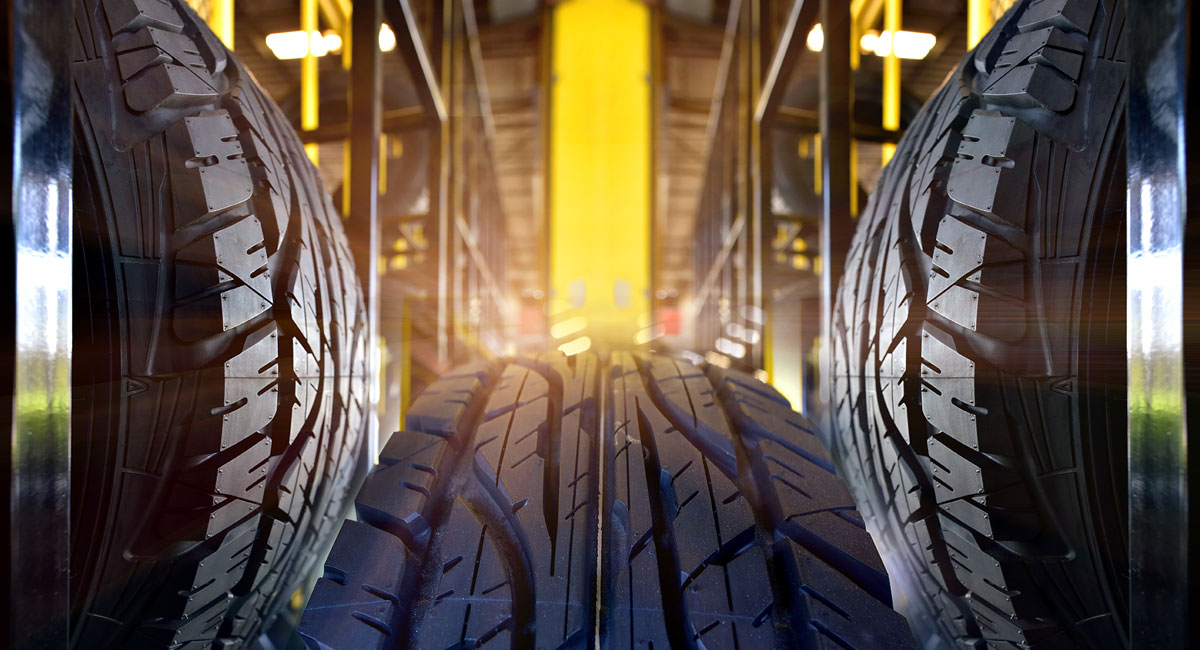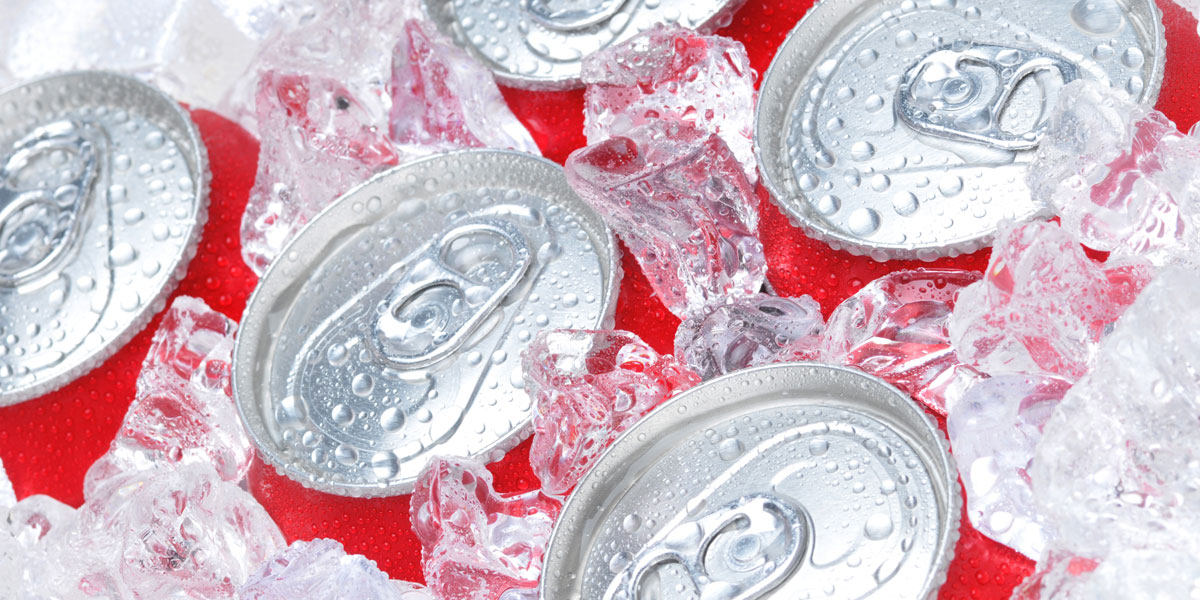by: Jared Beaupre and Ben Kozmik
Success hinges on every measurement in manufacturing. Accuracy and precision in material handling equipment are essential to achieving success. They must be a top consideration when deciding which equipment to choose. HaF Equipment, a leading industrial equipment manufacturer, understands the pivotal role these factors play and ensures their focus on the reliability, safety, and performance of their products.

Understanding Accuracy and Precision in Material Handling Equipment
Accurate measurements reflect how closely a value aligns with the true or actual measurement, while precision indicates the consistency and reproducibility of a measurement. In the context of material handling equipment, such as feeders, weighing, and metering devices, achieving accuracy and precision is paramount for seamless operations.
EXAMPLE: Imagine you are throwing darts at a target. If all your darts hit the bullseye, your throws are accurate and precise. However, if your darts consistently land on the same spot, but that spot is different from the bullseye, then your throws are precise but not accurate. Conversely, if your darts are scattered all over the target, they are neither accurate nor precise.
The Importance of Tolerance in Measurement
Tolerance, allowing for deviations from specified values, is a critical concept in manufacturing and engineering. For HaF, setting agreed-upon limits within feeding systems ensures everyone involved understands the parameters, fostering successful collaboration in system design and functionality.
Tolerance is crucial in ensuring that components fit together accurately and adhere to specified standards in manufacturing. Without tolerance, minor measurement discrepancies could result in unsuitable or hazardous products. By accommodating a certain level of deviation, manufacturers can produce top-quality products that meet the required standards while allowing for some variability in the manufacturing process.
Rotary Airlocks: Factors Influencing Accuracy and Precision
When designing systems that include rotary airlocks as metering devices, HaF acknowledges the multitude of variables that can significantly influence accuracy. By prioritizing the evaluation of factors like pocket size, rotor speed, and blow by air, HaF ensures the attainment of the desired accuracy rate through meticulous sizing and design, taking into account variables such as leakage, particle size, material, pocket full percentage, rate, bulk density, flowability, and head pressure.
Challenges in Precision Manufacturing
Challenges in precision manufacturing extend to various components, such as screw feeders and load cells. Using different types of screw feeders introduce variability, affecting both precision and accuracy. Load cells, susceptible to factors like balance points, supports, rigidity, air force, and flex connections, necessitate careful calibration with certified test weights. Storage silos, subjected to environmental elements like wind and rain, can cause movement, which can change pressure around silos, and require consideration of variables affecting load cells.
Precision in Manufacturing Across Industries
Precision manufacturing is a universal need, extending beyond material handling to aerospace, medical devices, electronics, and automotive industries. Even slight deviations from specifications in these sectors can have profound implications for safety, performance, and reliability. By leveraging advanced technology and processes, manufacturers can achieve greater product accuracy and consistency, resulting in improved performance, reliability, and safety.
HaF’s Commitment to Operator-Centric Equipment
Precision and accuracy are the cornerstones of success in the competitive landscape of material handling equipment manufacturing. HaF Equipment stands as a testament to the commitment to these principles, offering products and comprehensive solutions that ensure the highest standards of quality, reliability, and safety.
For your current or upcoming project, trust HaF to deliver excellence. Contact HaF today to experience the difference accuracy and precision in material handling equipment can make on your operations.
By keeping our finger on the pulse of the tire industry, HaF Equipment is ahead of the curve. The manufacturing of our equipment focuses on operator-centric designs and our proven processes for success to support our major markets, making HaF Equipment more than just a great equipment manufacturer. Our systems are equipped with advanced automation features that minimize human error and increase overall production speed further. We are your partner in excellence, committed to your success through service with integrity, purpose, and ingenuity. By designing innovative solutions for bulk material handling, we meet today’s manufacturing challenges head-on to break through the status quo.
HaF has the expertise and experience to accommodate a wide range of needs when it comes to material handling and equipment manufacturing. We’re Ready to Connect with you and offer a customized solution and discuss your specific project needs.
Contact a HaF account manager today to discuss your options.
You May Also Like:
Turnkey Manufacturing Solutions
Is Your Industrial Dust Collector Equipment Sufficient?





